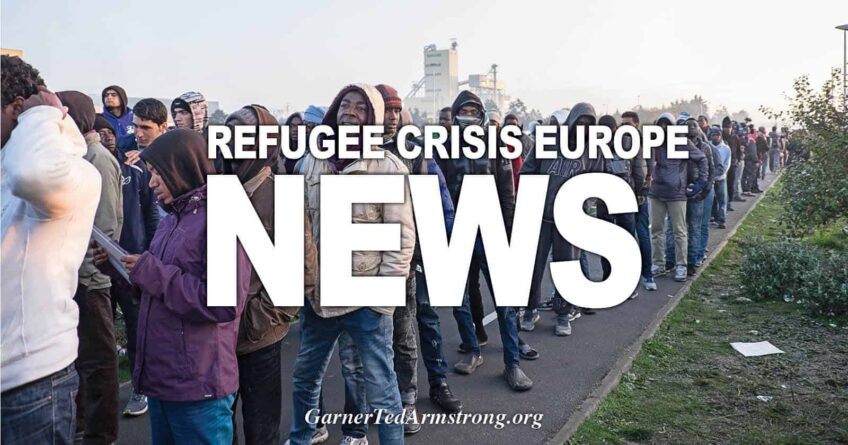Deportations, stricter airport controls, and a fast-tracking of the asylum decision-making process are among the measures being rolled out to address a spike in the number of non-Ukrainians seeking protection here.
Taoiseach Micheál Martin has said there has been “a surge” in international protection applications in recent months and suggested that the UK’s Rwanda policy has played a role in the dramatic increase.
Ukrainians arriving into the country are now being forced to sleep on blow-up mattresses in an old Dublin Airport terminal as the Citywest Transit Hub is full to capacity, with a tented camp catering for up to 200 people due to open at Gormanston, Co Meath, on Monday.
However, around 70% of those at Citywest are not Ukrainians and are part of the wider international protection system.
The Cabinet subcommittee on Ukraine held an emergency meeting last night in a bid to address the immediate accommodation needs of those fleeing the conflict in Ukraine and provide support to those arriving from other countries.
While the Government is confident it can cope with the numbers arriving from Ukraine, one senior minister said there are concerns around the significant rise in other asylum seekers which is “harder to manage”.
To date, more than 40,000 people have arrived in Ireland from Ukraine, 30,600 of whom have been accommodated by the State and through people who have pledged houses and rooms.
On top of this, 7,080 International Protection (IP) applicants have arrived in Ireland so far this year, which compares with 2,648 arrivals for the whole of 2021.
Deportations
Deportations of people who have had their asylum applications rejected will now resume, after being suspended during the COVID-19 pandemic.
Just over 2,000 deportation orders were issued before the pandemic in 2019, with 298 of these effected.
In addition, the Department of Justice is establishing an accelerated decision-making process for IP applicants from safe countries of origin. This means that people arriving from countries such as Georgia will have their applications fast-tracked, which is expected to cut the processing time from two years to between two and three months.
It is also understood that enforcing stricter controls on arrival and cracking down on people using fake documentation is under Government consideration, as is expanding the number of countries that require visas for entry into Ireland.
While the Department of Justice is examining the factors which may have contributed to the significant increase in IP applications, Mr. Martin suggested that the change in UK policy is having a knock-on impact here.
“I think we will be analyzing this, but there is something has happened in the last two to three months in terms of the surge within international protection,” he said.
Something has been anecdotally or intuitively happening — one can see and maybe sense that since that policy announcement, which I thought was the wrong policy by the UK, clearly may have motivated people utilizing the Common Travel Area to come into the Republic — I think it is one of a number of factors.”
He said vulnerable war refugees will continue to be the Government’s priority.
“Overall, about 8m Ukrainians left Ukraine as a result of the war, and there has been 48m internally displaced within Ukraine.
“That is, without question, the worst humanitarian crisis on the continent of Europe since World War Two — it is quite extraordinary.”
Source: https://www.irishexaminer.com/news/arid-40918637.html
[Disclaimer]








